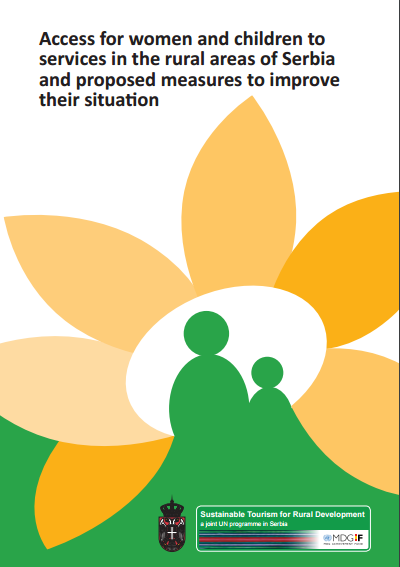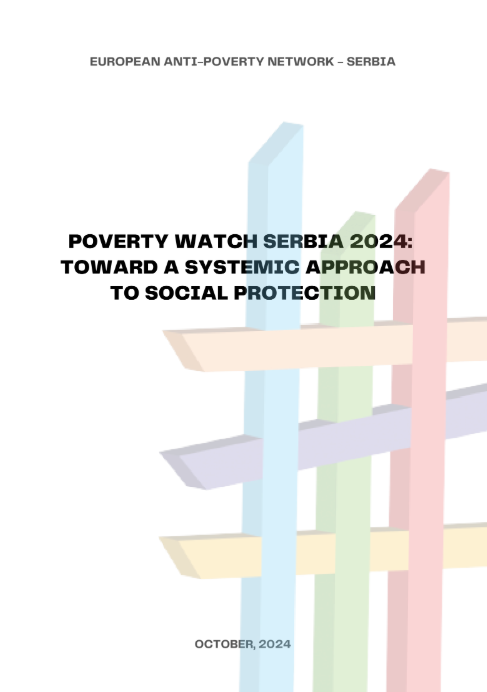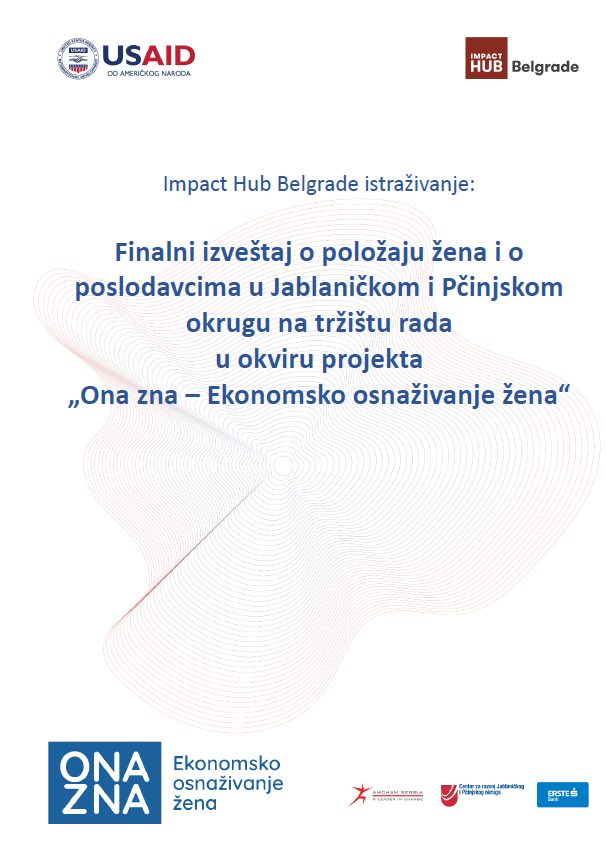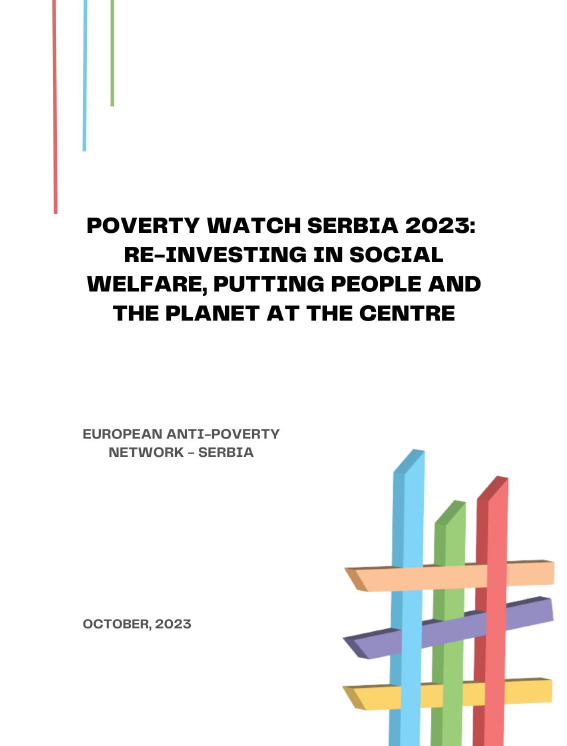This study was created within a wider program “Sustainable Tourism in the Service of Rural Development“, conducted by UN in Serbia. As the issue of rural development is primarily viewed in terms of economic development, this analysis tried to focus on other preconditions for sustainable rural development, mainly the quality of life measured through access to services for those population groups which are the backbone for the development of human capital in every society – women and children.
The main aim of the study was to identify the greatest barriers to access for rural women and children to social services, and to discover the most important problems which prevent women and children from achieving better living conditions, and then, on the basis of these findings, to formulate recommendations for addressing the identified problems.
The analysis presented in the study indicates that overcoming obstacles to access for women and children who live in rural areas to social services requires linking elements from economic, educational, health, social, municipal and other sectors, as well as confronting complex mechanisms of economic decline and social exclusion in rural areas in Serbia. In short, social goals need to be highlighted in a number of sectoral public policies in order to enable Serbia to start resolving issued related to rural areas and coordinate its policy with the European Union.
Recommendations derived from the analysis are intended for all policy creators and implementers whose agenda includes rural development or whose activities significantly impact development of rural communities.













